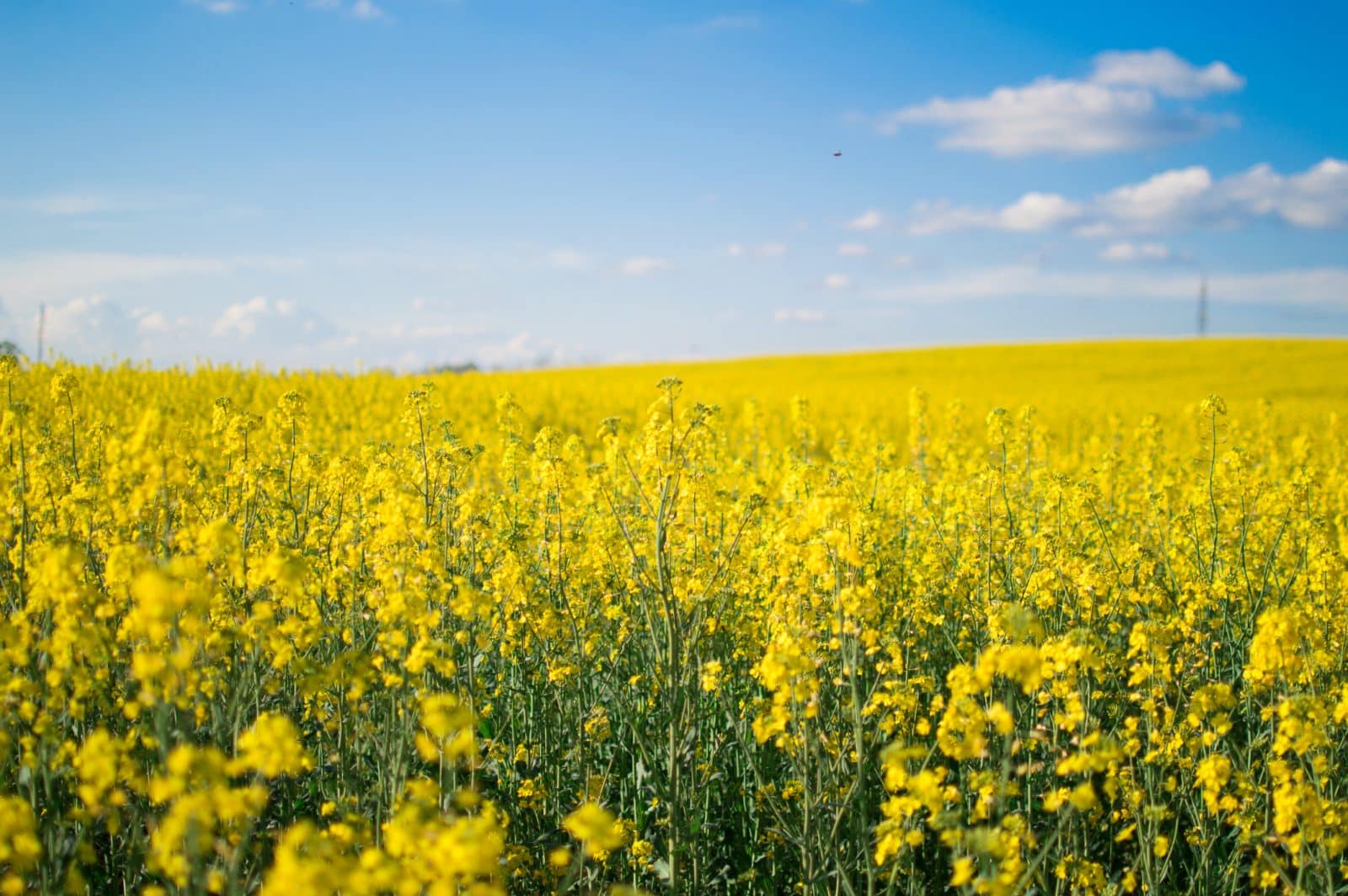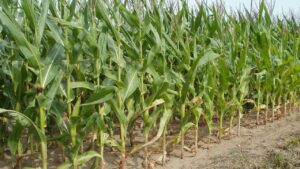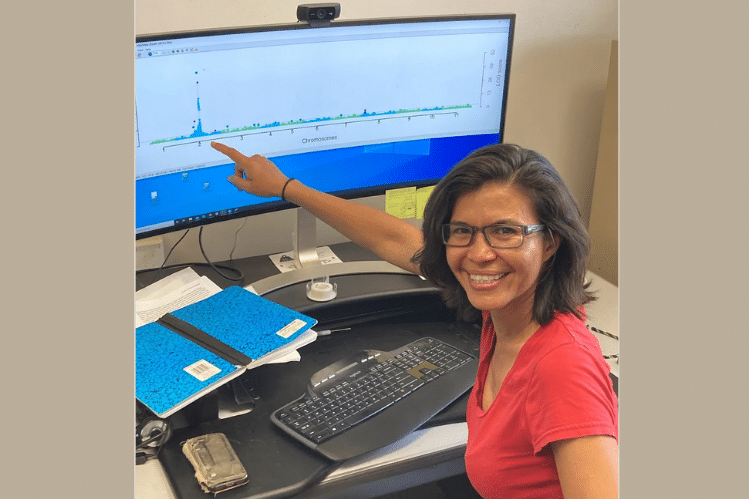Identifying the genes that make canola heat-tolerant is the aim of a five-year Grains Research and Development Corporation (GRDC) research project led by The University of Western Australia’s (UWA) Institute of Agriculture Research Fellow Sheng Chen.
The long-term objective of the research, which has seen field trials planted in Western Australia and New South Wales this year, is to provide heat-tolerant germplasm (genetic material such as seeds or tissues) to plant breeders to help them create more resilient crops.
Chen says plant breeders could create new commercial varieties, and help the industry maintain productivity as temperatures rose.
“Heat stress is globally identified as an issue of increasing concern, with average temperatures projected to rise in coming decades,” Chen says. “Canola is particularly sensitive to heat stress. Previous research undertaken at UWA identified that temperatures of more than 30 degrees Celsius during flowering reduced seed yield.”
Chen says drought and high temperatures often occurred in combination, putting a dual stress on plants, which made it difficult to separate the combined influences in the field.
“However, the genes that influence a plant’s ability to withstand water stress are different to those that make them heat tolerant,” he says.
“This project looks specifically at the genetics of heat tolerance in canola, which is Australia’s third most economically important grain crop. It aims to separate the heat tolerance genes initially through the use of controlled-temperature experiments, which will screen 200 canola lines a year at UWA in a search for heat tolerant germplasm.”
Selected germplasm from preliminary screening in controlled-environment rooms at UWA will be validated for heat tolerance in the field by the NSW Department of Primary Industries (NSW DPI), using portable heat chambers and in irrigated field trials in eastern states and in WA.
After starting in 2019, the first year of the project was spent developing research protocols and criteria to assess heat stress and building the facilities needed to conduct trials.
These included two new controlled-environment rooms adjacent to screen-houses at UWA’s Shenton Park Field Station, and eight portable heat chambers at the NSW DPI Wagga Wagga Agricultural Institute.
NSW Department of Primary Industries is a project partner, led by Rajneet Uppal, along with GRDC, UWA, the Western Australian Department of Primary Industries and Regional Development (DPIRD), and the western node of the Statistics for the Australian Grains Industry group (SAGI West).
Source: University of Western Australia













